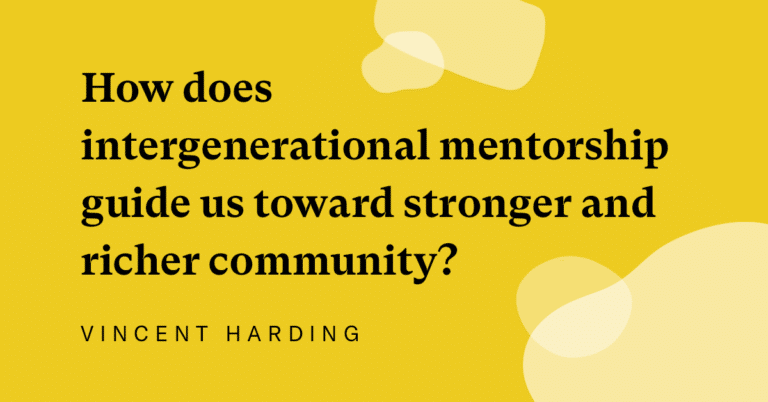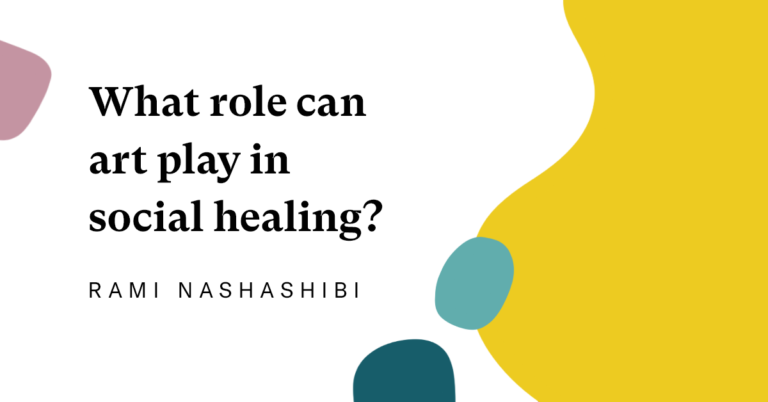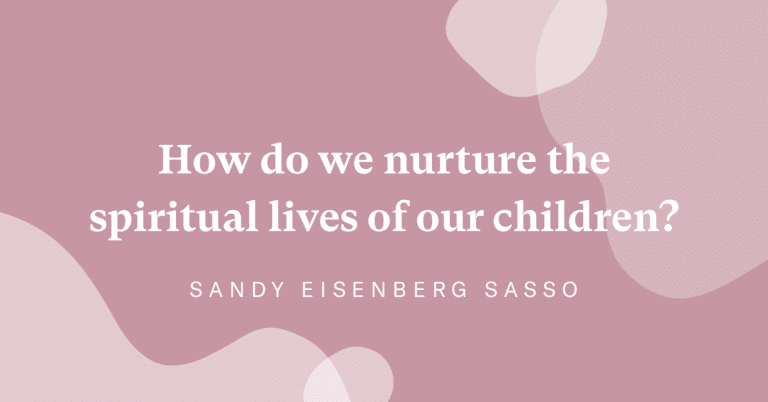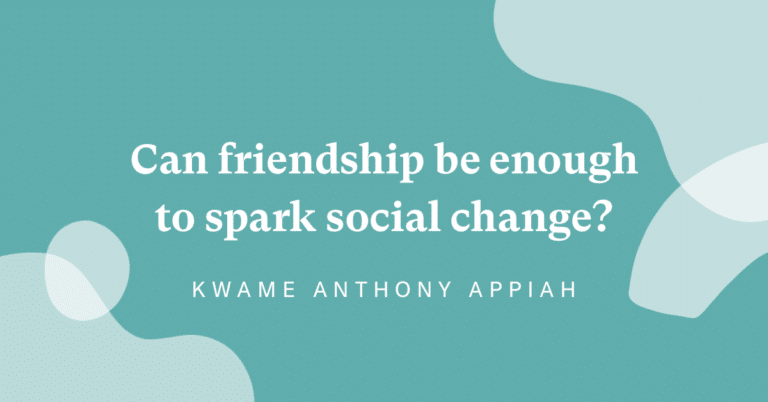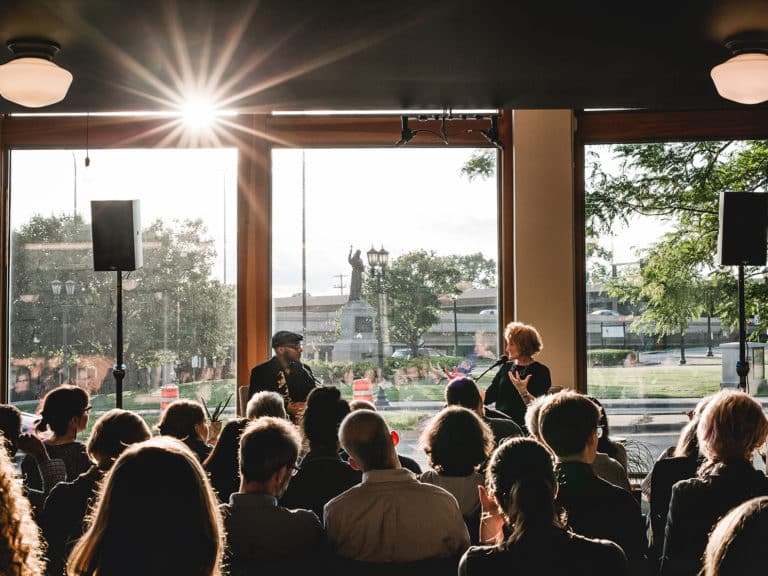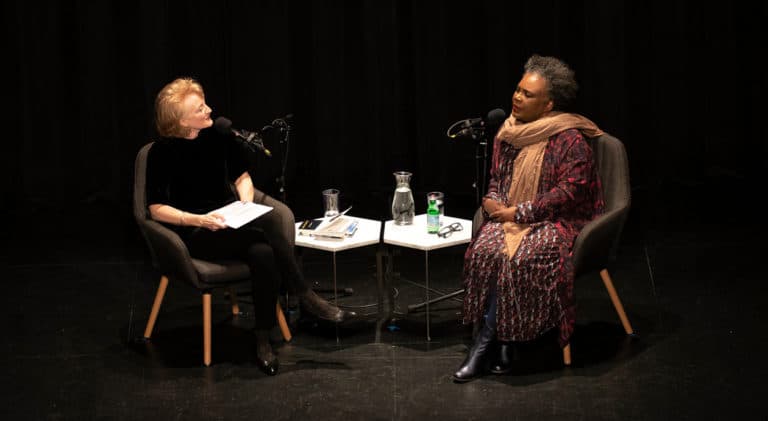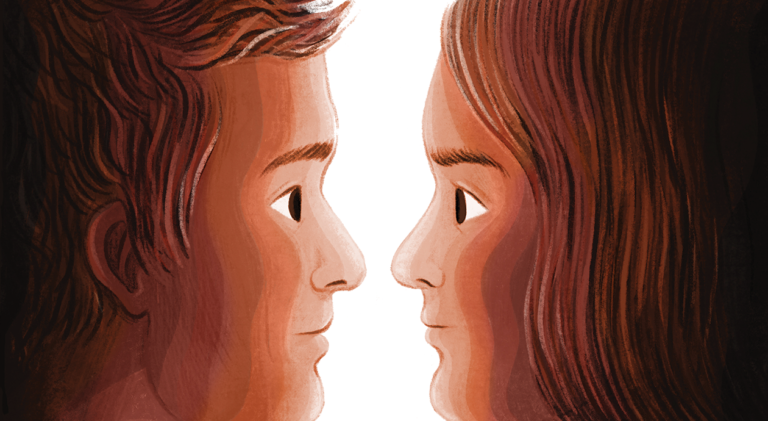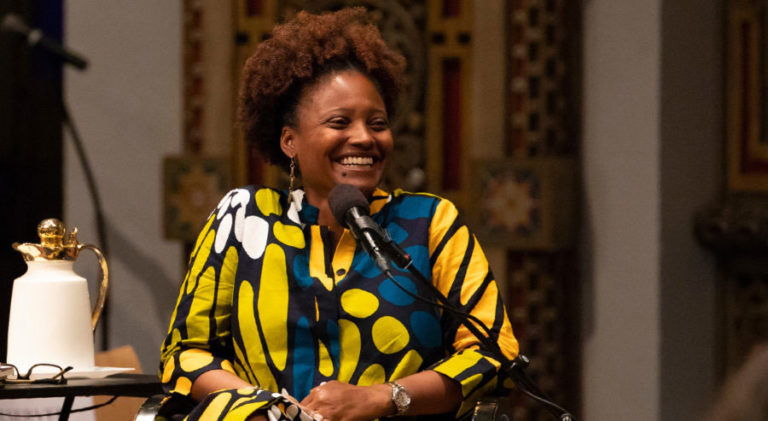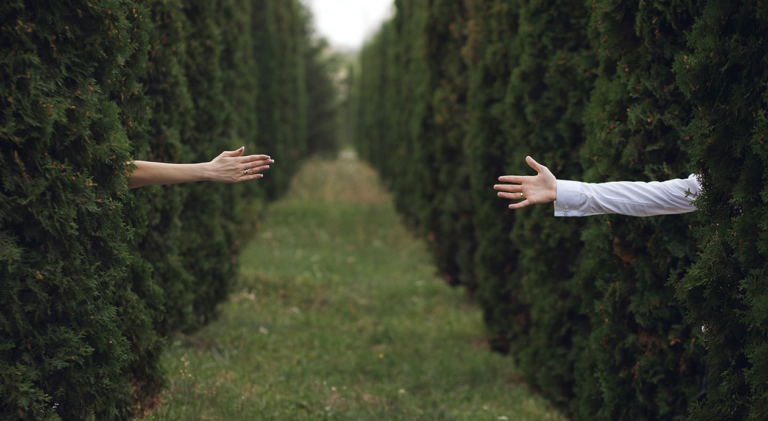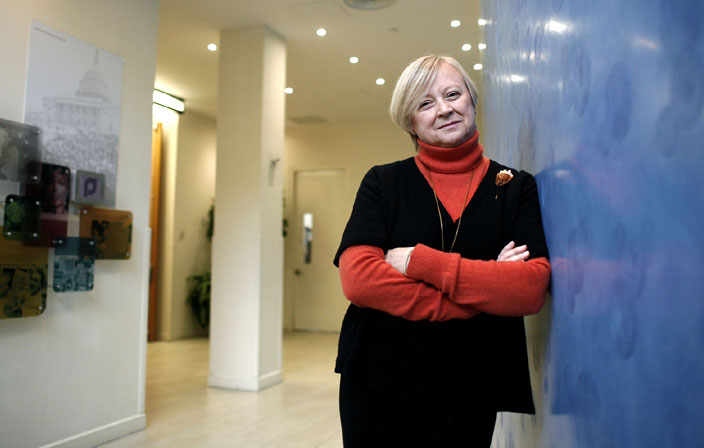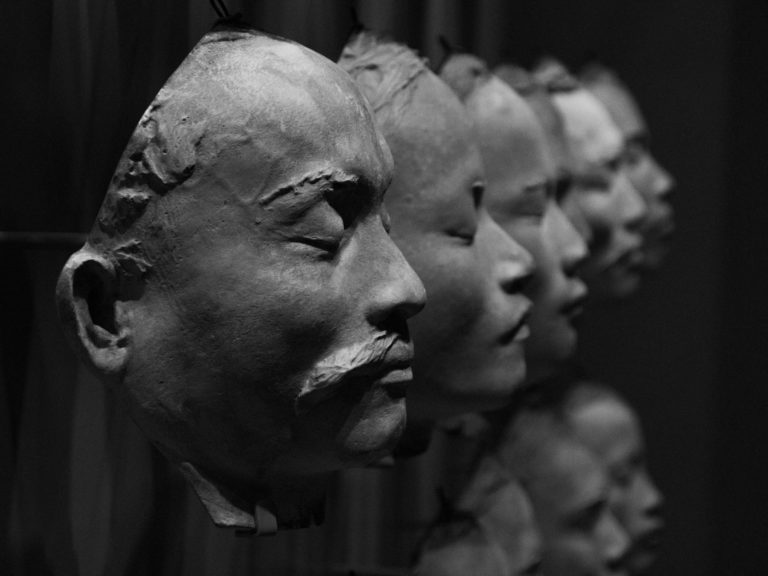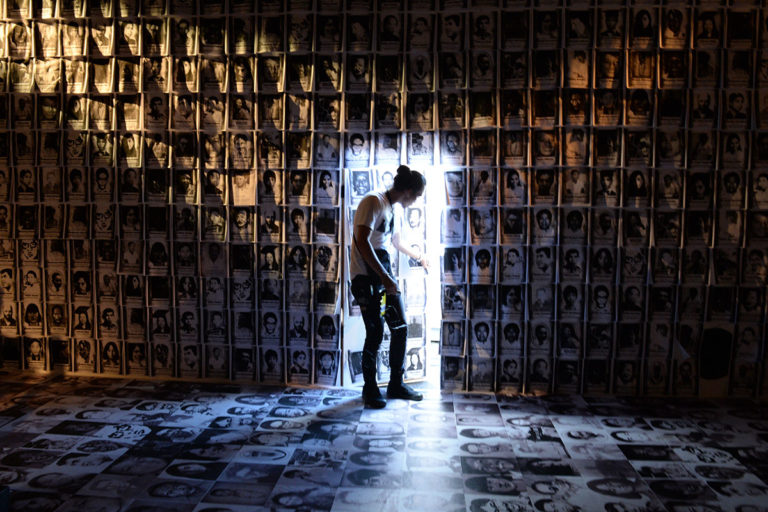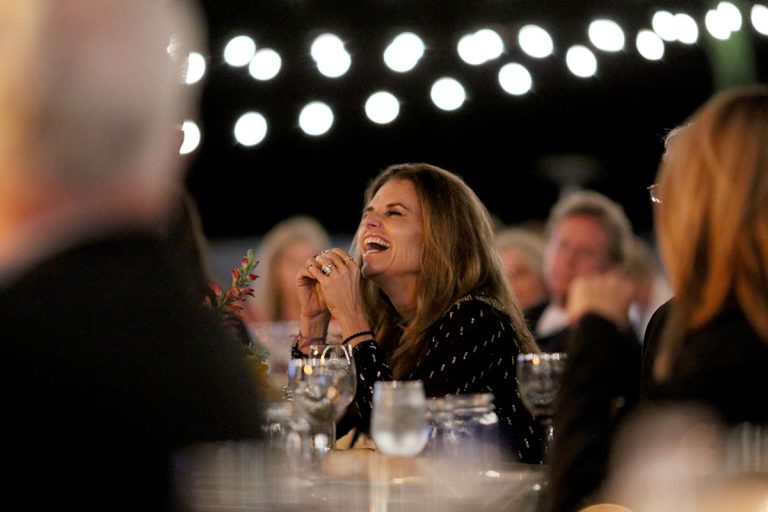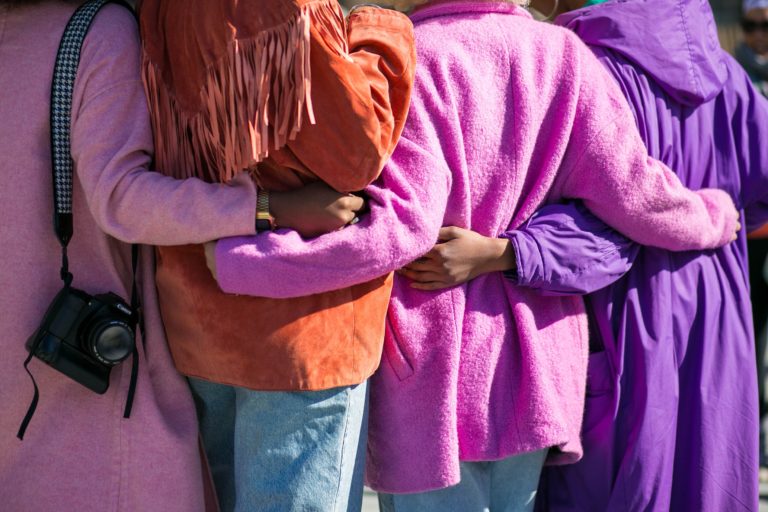A civil rights elder and speechwriter for Martin Luther King, Jr., the late Vincent Harding brought the wisdom of the movement to young people in hurting places. He offers the image of a “live human signpost” as a guiding light toward the kind of support and mentorship we can offer one another in the path toward a beloved community. “When it comes to creating a multiracial, multiethnic, multireligious, democratic society, we are still a developing nation,” he says. “But my own deep, deep conviction is that the knowledge, like all knowledge, is available to us if we seek it.”
Civil Conversations Project
View
- List View
- Standard View
- Grid View
95 Results
May 6, 2019
Rami Nashashibi
Art and Justice Work Together
Rami Nashashibi is a champion for how art can make humans visible to each other. He brings a new energy to Islam’s core commitment to beauty and humanity — and to the power of stories to heal and electrify us across geography and generation, culture and faith. He founded the Inner-City Muslim Action Network on Chicago’s South Side, where he also lives with his family. “The arts have become the real factor for us in both humanizing each other’s stories, connecting our stories, and revealing to one another the possibilities of what a better world can look like,” he says.
April 29, 2019
Sandy Eisenberg Sasso
Nurturing Our Children’s Souls
A rabbi and parent, Sandy Eisenberg Sasso wants us to think about how we might teach our children’s souls, not just their minds. She says nurturing the spiritual lives of our children is the work of understanding for ourselves “what really matters in life, what’s precious, what’s more important than earning a living and going through our daily routine.”
April 18, 2019
Wangari Maathai
Marching with Trees
The late Wangari Maathai was a biologist, environmentalist, and the first African woman to win a Nobel Peace Prize. She was born under British colonial occupation and schooled by Catholic missionaries. But when she looked back on her childhood near the end of her life, she realized her family’s Kikuyu culture had imparted her with an intuitive sense of environmental balance. Maathai was steadfast in her determination to fight for the twin issues of conservation and human rights — and planting trees was a symbol of defiance.
April 15, 2019
Kwame Anthony Appiah
Friendship and the Democratic Process
Philosopher Kwame Anthony Appiah offers hope for quiet, sustained culture shift through the “endless shared conversation” of friendship. The writer of the New York Times “Ethicist” column studies how deep social change happens across time and cultures. “If you have that background of relationship between individuals and communities that is conversational, then when you have to talk about the things that do divide you, you have a better platform.”
February 28, 2019
Teju Cole
Sitting Together in the Dark
Writer and photographer Teju Cole says he is “intrigued by the continuity of places, by the singing line that connects them all.” He attends to the border, overlap and interplay of things — from Brahms and Baldwin to daily technologies like Google. To delve into his mind and his multiple arts is to meet this world with creative raw materials for enduring truth and quiet hope.
February 14, 2019
Richard Davidson
A Neuroscientist on Love and Learning
Neuroscientist Richard Davidson is one of the central people who’s helped us begin to see inside our brains. His work has illuminated the rich interplay between things we saw as separate not that long ago: body, mind, spirit, emotion, behavior, and genetics. Richard is applying what he’s learning about imparting qualities of character — like kindness and practical love — in lives and in classrooms. This live conversation was recorded at the Orange County Department of Education in Costa Mesa, California.
The poet, essayist, and playwright Claudia Rankine says every conversation about race doesn’t need to be about racism. But she says all of us — and especially white people — need to find a way to talk about it, even when it gets uncomfortable. Her bestselling book, Citizen: An American Lyric, catalogued the painful daily experiences of lived racism for people of color. Claudia models how it’s possible to bring that reality into the open — not to fight, but to draw closer. And she shows how we can do this with everyone, from our intimate friends to strangers on airplanes.
December 6, 2018
Rebecca Traister and Avi Klein
#MeToo Through a Solutions Lens
What we are naming with the impetus of #MeToo is, at best, an opening to a long-term cultural reckoning to grow up humanity; to make our society more whole. We explore this with psychotherapist Avi Klein, who works with men and couples, and feminist journalist Rebecca Traister. In a room full of journalists, at the invitation of the Solutions Journalism Network, we explored how to build the spaces, the imaginative muscle, and the pragmatic forms to support healing for women and men, now and in time.
November 15, 2018
Anand Giridharadas
When the Market Is Our Only Language
We Americans revere the creation of wealth. Anand Giridharadas wants us to examine this and how it shapes our life together. This is a challenging conversation but a generative one: about the implicit moral equations behind a notion like “win-win” — and the moral compromises in a cultural consensus we’ve reached, without reflecting on it, about what and who can save us.
Tracy K. Smith has a deep interest in “the kind of silence that yields clarity” and “the way our voices sound when we dip below the decibel level of politics.” She’s a welcome voice on the little leaps of the imagination that can restore us. She’s spent the past year traversing our country, listening for all of this and drawing it forth as the U.S. Poet Laureate. Krista spoke with her at the invitation of New York’s B’nai Jeshurun synagogue, which has been in communal exploration on creating a just and redeemed social fabric.
October 11, 2018
Sally Kohn and Erick Erickson
Relationship Across Rupture
“People believe things that are mutually contradictory; I think we all do. I know I do.” — Erick Erickson
Earlier this year, the University of Montana invited On Being to attempt an outside the box civil conversation between two political pundits on contrasting ends of the U.S. political spectrum. It became a sold-out, public event in the spirit of Montana’s Senator Mike Mansfield, who famously modeled integrity, courage, and humility across the partisan aisle in the tumult of 1960s and 70s. Sally Kohn and Erick Erickson are both controversial, lightning-rod figures, yet neither of them fits neatly into a partisan mold. The reaction of the youngest people in the room is what compelled us to put this on the air. They said they had not witnessed or imagined a political conversation like this possible: one marked at once by bedrock difference — and good will, humor, and a willingness to bring our questions as well as our arguments, our humanity as well as our positions, into the room, if only for an evening.
“Conversation is not just about words passing between mouths and ears. It’s about shared life. Listening is about bringing our lives into conversation.”
In the midst of public conversation around Supreme Court Justice Brett Kavanaugh, Krista reflects on what it really looks like to engage with one another across a moral issue with curiosity alongside our convictions.
Living the Questions is an occasional On Being segment where Krista muses on questions from our listening community.
September 27, 2018
Frances Kissling
What Is Good in the Position of the Other
“If there isn’t the crack in the middle where there’s some people on both sides who absolutely refuse to see the other as evil, this is going to continue.”
The focus of our national fight over abortion may change, but this hasn’t changed for decades: we collapse this most intimate and complex of human dilemmas to two sides. We’ve been looking yet again for wisdom away from the turbulent news cycle and keep returning to this conversation Krista had with Frances Kissling. She is a “bridge person” in the abortion debate: a long-time pro-choice activist who has sought to come into relationship with her political opposites. Now she’s controversial on both sides, but speaks from a place that many of us would like to map out between the poles. She has experienced something more powerful, as she tells it, than defining common ground — and this has lessons for other issues in our common life and our struggles with people with whom we disagree the most.
August 23, 2018
Mahzarin Banaji
The Mind Is a Difference-Seeking Machine
The emerging science of implicit bias is one of the most promising fields for animating the human change that makes social change possible. The social psychologist Mahzarin Banaji is one of its primary architects. She understands the mind as a “difference-seeking machine” that helps us order and navigate the overwhelming complexity of reality. But this gift also creates blind spots and biases, as we fill in what we don’t know with the limits of what we do know. This is science that takes our grappling with difference out of the realm of guilt, and into the realm of transformative good.
Nothing is helping us more right now, as we watch human tragedies unfold on the U.S.-Mexican border and elsewhere, than a conversation Krista had last year with literary historian Lyndsey Stonebridge — on thinking and friendship in dark times. She applies the moral clarity of the 20th-century philosopher Hannah Arendt to now — an invitation to dwell on the human essence of events we analyze as political and economic. Our dramas of exile and displacement are existential, she says — about who we will all be as people and political community. What Arendt called the “banality of evil” was at root an inability to hear another voice.
May 31, 2018
Maria Shriver
Finding My “I Am”
Maria Shriver’s life is often summarized in fairy tale terms. A child of the Kennedy clan in the Camelot aura of the early 1960s. Daughter of Eunice Kennedy Shriver, who founded the Special Olympics, and Sargent Shriver, who helped found the Peace Corps. An esteemed broadcast journalist. First lady of California. This hour, she opens up about having a personal history that is also public history — and how deceptive the appearance of glamour can be. We experience the legendary toughness of the women in Maria Shriver’s family — but also the hard-won tenderness and wisdom with which she has come to raise her own voice.
May 10, 2018
john a. powell
Opening to the Question of Belonging
“Race is a little bit like gravity,” john powell says: experienced by all, understood by few. He is a refreshing, redemptive thinker who counsels all kinds of people and projects on the front lines of our present racial longings. Race is relational, he reminds us. It’s as much about whiteness as about color. He takes new learnings from the science of the brain as forms of everyday power. “We don’t have to imagine doing things one at a time,” he says. “It’s not, ‘how do we get there?’ It’s, ‘how do we live?’”
The Pause
Join our constellation of listening and living.
The Pause is our seasonal Saturday morning ritual of a newsletter. Replenishment and invigoration in your inbox. Wisdom to take into your week. And when you sign up, you’ll receive ongoing, advance invitations and news on all things On Being.
Search results for “”
View
- List View
- Standard View
- Grid View
Filters
